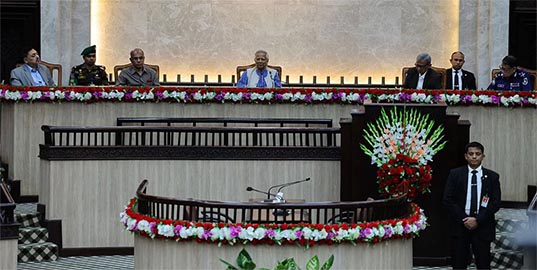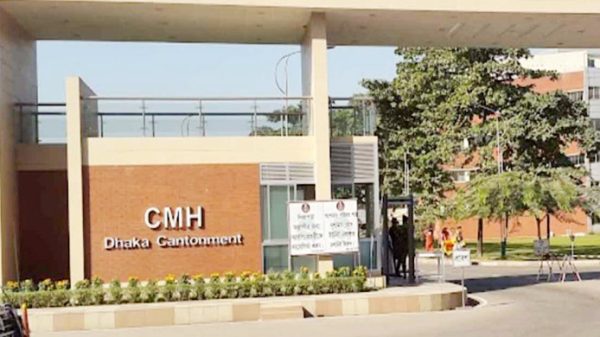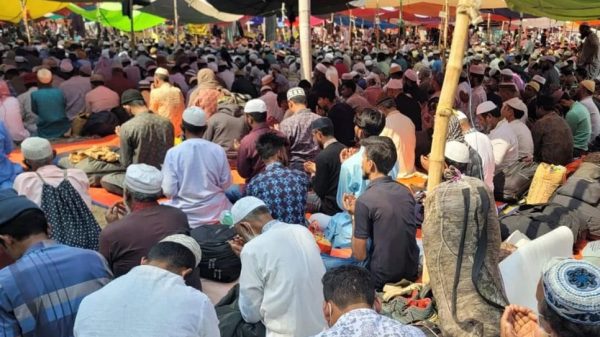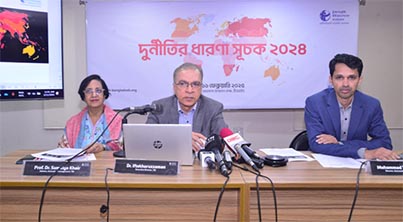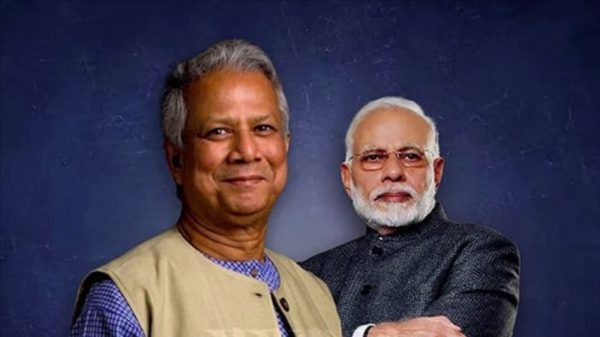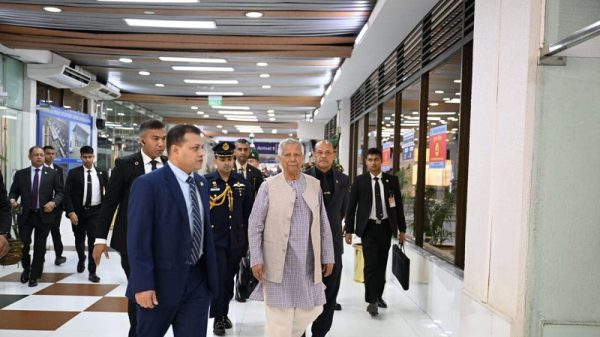Tips on health checks during Ramadan fasting

- Update Time : Sunday, 24 March, 2024, 03:21 pm
- 101 Time View
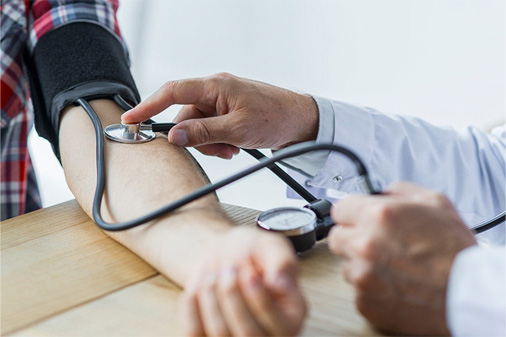
Online Desk: Ramadan fasting, a religious must-do for Muslims, can pose some risks of chronic diseases. Many rely on medications to maintain health. They follow a dosage regimen which may require them to take the drug during daylight hours. However, when they are fasting, it is not possible to do that. Guidelines exempt people from fasting if it is potentially dangerous to their health. Nevertheless, many people chose to do it.
Fasting in diabetic patients can cause serious complications. For patients with uncontrolled diabetes, the medical advice is not to fast. For others, risk stratification has been done by the International Diabetes Federation (IDF) and the Diabetes and Ramadan (DAR) International Alliance. Fasting is recommended only for moderate-to low-risk people with controlled diabetes, not for very high-or high-risk groups.
If a very-high or high-risk patient wants to keep fast, they must consult their doctor and meticulously follow their prescription. They should monitor blood-glucose levels throughout the day and immediately break fast if it crosses certain thresholds. They should be trained on how to detect symptoms of hypo or hyperglycemia as well so that they can take corrective measures promptly. The dose of diabetic medications may also need to be adjusted during Ramadan. Additionally, diet should be carefully planned in consultation with the physician or a dietitian.
Hypertensive patients with good blood-pressure control can fast without significant problems. Their drug dosage may need to be changed a few weeks before Ramadan just for their body to acclimatize. Long-acting twice daily medications are usually preferred.
In the case of heart disease, there is a risk of electrolyte disturbances and dehydration during fasting. Medications have to be carefully calibrated to ensure safety. Like hypertension, once- or twice- daily drug regimens are preferred. However, patients with uncontrolled hypertension, unstable angina, recent myocardial infarction or cardiac surgery may be at a very high risk for complications if they fast.
Anyone with epilepsy who needs medications for control is also prone to health risks. Fasting increases the likelihood of seizures. Therefore, proper medication must be chosen, and an appropriate dosing regimen needs to be established in advance.
During Ramadan, gastrointestinal disturbances like bloating, heartburn, indigestion etc are commonplace. Unhealthy dietary practices may exacerbate this. Eating a healthy, balanced diet is important to avoid those ailments.
For someone suffering from active peptic ulcer disease (PUD), withholding food and drink for extended periods may increase the probability of complications. As such, physicians generally advise them not to go for fasting. But those with inactive PUD are okay to fast with proper medication. Similarly, people suffering from chronic hepatitis or inflammatory bowels disease can fast if their disease is adequately controlled.
Chronic kidney disease (CKD) is another important consideration during Ramadan. If the patient is on dialysis, fasting may not be appropriate for them. CKD patients who fast must ensure adequate water intake and limit their consumption of vitamin C, sodium, and foods rich in oxalate, e.g., nuts, spinach, potato chips, French fries etc.
Cancer patients going through chemotherapy have extra nutritional requirements to withstand the treatment. Fasting is not recommended for them. Fasting may make it difficult to meet these daily nutrition requirements. If they do fast, their calorie requirements must be ensured along with other considerations.
Anyone suffering from chronic diseases must visit their doctor at least two weeks before Ramadan. The physician will help determine how fasting can impact the patient’s health, make recommendations and help them adjust their dosage and diet to maintain health during Ramadan.


